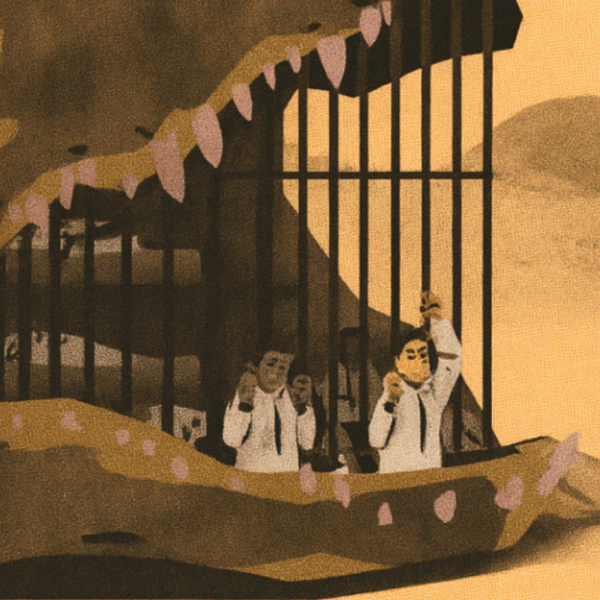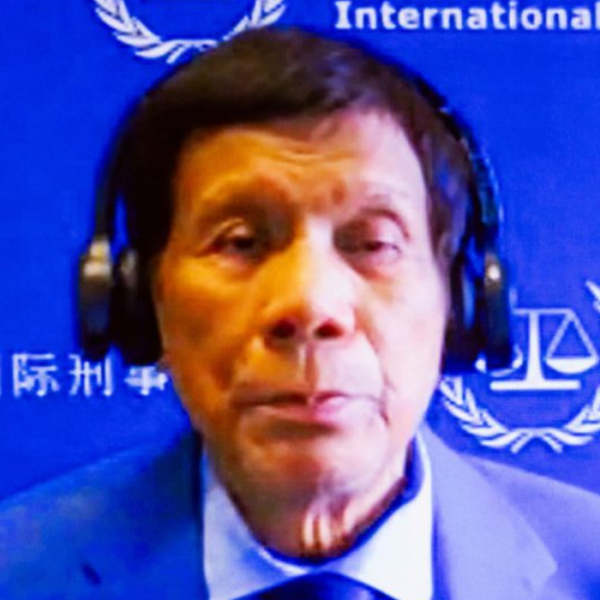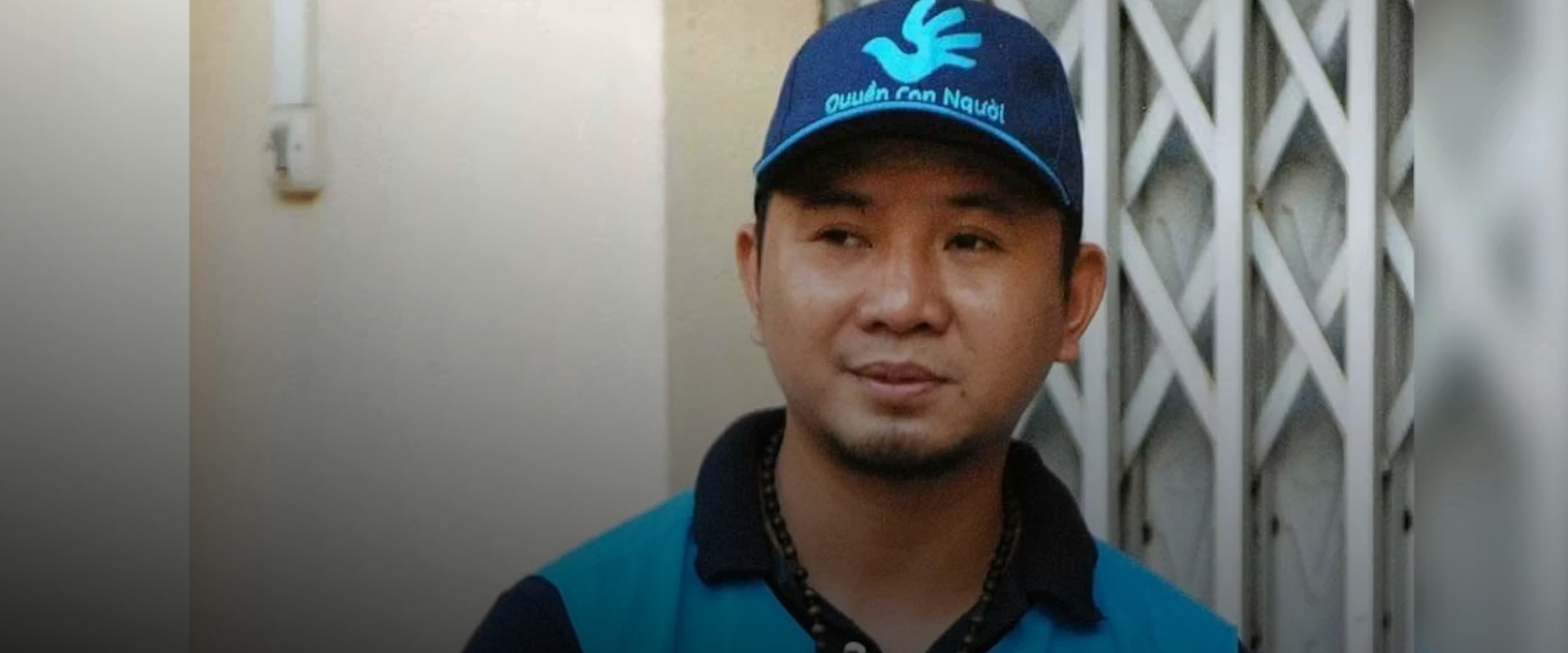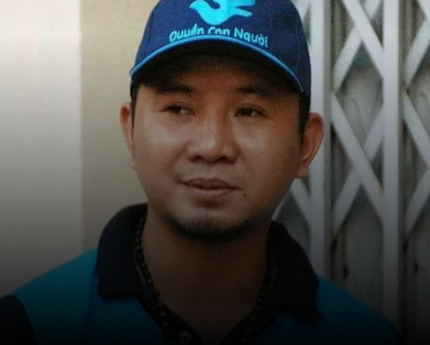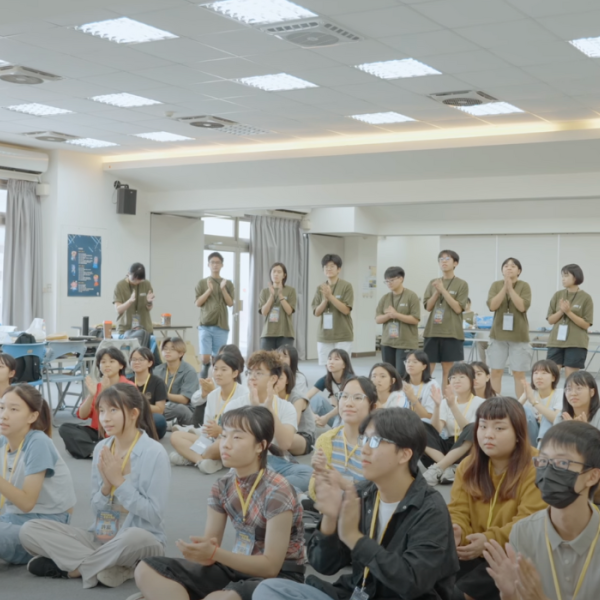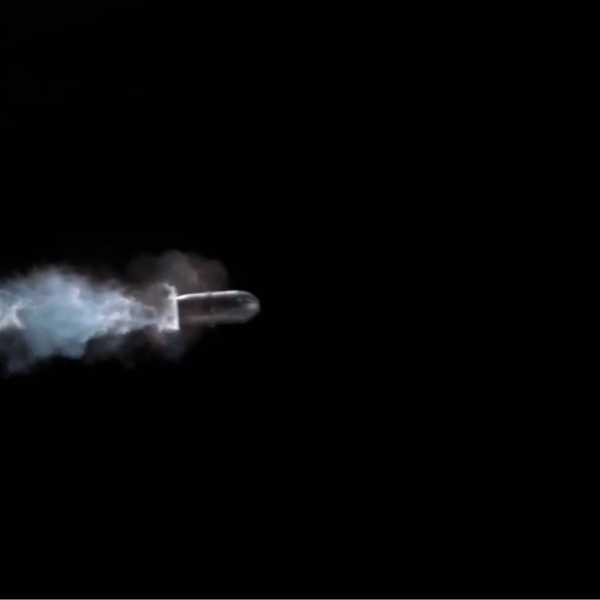AMNESTY INTERNATIONAL STATEMENT FOR NATIONAL POLICE ADMINISTRATION OF THE MINISTRY OF INTERIOR HEARING
AMNESTY INTERNATIONAL STATEMENT FOR NATIONAL POLICE ADMINISTRATION OF THE MINISTRY OF INTERIOR HEARING ON THE NECESSITY OF SIGNING THE UN CONVENTION AGAINST TORTURE
August 14, 2013
Amnesty International welcomes this opportunity today to urge the Government of Taiwan to ratify the UN Convention against Torture and other Cruel, Inhuman or Degrading Treatment or Punishment (CAT).
Taiwan signed on to the International Covenant of Civil and Political Rights (ICCPR) in 2009, and in doing so, chose to be bound by its provisions in law, policy and practice. Earlier this year a group of international independent experts who reviewed Taiwan's implementation of the ICCPR also recommended that Taiwan ratify the CAT and set up a national preventive mechanism as envisaged under the Optional Protocol to the CAT.
The recent death of army corporal Hung Chung-chiu on July 4 after collapsing during exercises being carried out as punishment in a military disciplinary detention facility is a timely reminder of the serious problem of torture and other ill-treatment in Taiwan. A consistent history of deaths due to torture and other ill-treatment within Taiwan's military - many of which Amnesty International has raised for over twenty years – highlights the need for significant legal and institutional reform.
While concerns of torture and other ill-treatment remain across various institutions in Taiwan, Hung's death raises serious questions about the situation of accountability in Taiwan's military, as well as the system of military justice.
After facing public outcry over the death of Hung, the military responded with administrative punishments of personnel involved, as well as criminal prosecutions that led to indictments on various charges ranging from collectively imposing illegal punishment on a subordinate to abusing a subordinate resulting in death of 18 officers and non-commissioned officers issued on July 31 by military prosecutors. While these are welcome developments, all officials in the chain of command who were responsible for the acts, whether by acts of instigation, consent or acquiescence, should be brought to justice.
On August 6, the Legislative Yuan (parliament) passed a set of amendments to the military criminal procedure code. These amendments legislate for the transfer of all military criminal cases to the jurisdiction of civilian courts, in effect virtually abolishing the military court system during peacetime. Cases involving certain categories of serious crimes will be transferred immediately, resulting in the trials of those charged in Hung's case being prosecuted in the civilian court system, with cases involving other categories of crimes to be transferred by the end of this year.
Amnesty International welcomes these developments. The trial of military personnel suspected of committing human rights violations in civilian courts will strengthen accountability of the military. In addition, on August 3 the government announced that a mechanism would be created that allows for the re-opening of investigations into past cases of possible human rights abuses by military personnel. If properly implemented, this could provide Taiwan an opportunity to bring justice to the past victims of human rights violations committed by military personnel.
The setting up of an independent national preventive mechanism, as required by the Optional Protocol to CAT, which would have the jurisdiction to cover all institutions in Taiwan including the military, would be a further step towards ending impunity previously enjoyed by military personnel.
The government of Taiwan already has obligations under customary international law - which prohibits torture and other ill-treatment and obliges states to prevent and punish acts of torture - as well as under Article 7 of the International Covenant on Civil and Political Rights, which the Taiwan government has pledged to implement.
Amnesty International recommends that the government of Taiwan undertake the further following steps:
- Ratify the United Nations Convention against Torture and other Cruel, Inhuman or Degrading Treatment or Punishment (CAT) and the
Optional Protocol to the Convention
- Condemn all practices of torture and other ill-treatment unreservedly, and make clear to all members of the police, military and other security forces that torture and other ill-treatment will never be tolerated.
- Adopt laws for the prohibition and prevention of torture and other ill-treatment, incorporating the main elements of the CAT and other relevant international standards
- Ensure that all complaints and reports of torture or other ill-treatment are promptly, impartially and effectively investigated by an independent body and that officials suspected of committing torture or other ill-treatment are suspended from active duty during the investigation
- Ensure that those responsible for torture or other ill-treatment, including officials in the chain of command, be brought to justice, including in the case of Corporal Hung.
- Ensure that all victims of torture or other ill-treatment be entitled to obtain prompt reparation from the state including restitution, compensation and appropriate medical care and rehabilitation.
總部連結
http://www.amnesty.org/en/library/info/ASA38/003/2013/en
更多影音
- 全球
酷刑工具是如何被警方用來針對示威者?
- 全球
阿姆內斯提青春大舞台 2024高中生人權營
失去眼睛的警察暴力倖存者萊迪述說她的遭遇
- 全球
